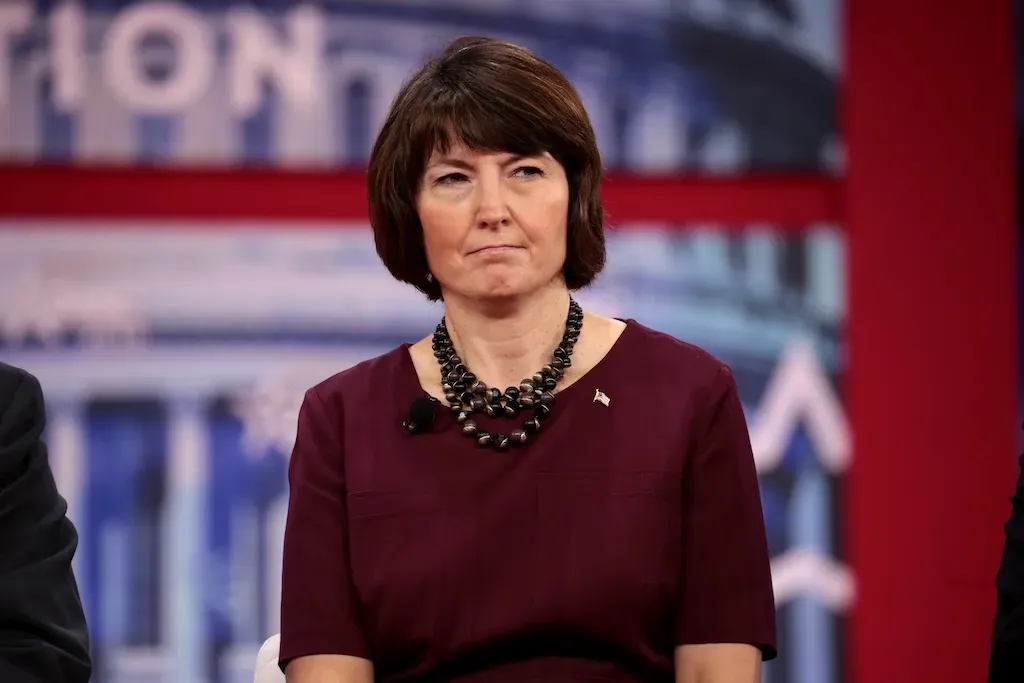Republican Lawmakers Criticize ACP as 'Wasteful' in Letter to FCC Chairwoman
The internet subsidy for low-income households is set to dry up without Congressional action.
Jake Neenan

WASHINGTON, December 18, 2023 – Congressional Republicans expressed skepticism on the Affordable Connectivity Program in a letter to the Federal Communications Commission chairwoman on Friday.
The ACP, set up with a $14 billion allocation from the Infrastructure Act, provides a $30 monthly internet subsidy to more than 22 million low-income households. That money is set to dry up as early as April 2024.
The impending shortfall has led to calls from advocacy groups, lawmakers, and broadband providers for Congress to renew the program. They say the fund is an important tool in closing the digital divide – the gap in economic opportunity between areas with and without high-speed internet access – and for ensuring people can access new infrastructure set to be funded by the federal government’s $42.5 billion broadband expansion effort.
President Joe Biden asked Congress in October for $6 billion to keep the fund afloat through 2024. But Republican leaders in the House and Senate commerce committees criticized the administration’s public spending and were doubtful about the ACP’s effectiveness in their letter to FCC Chairwoman Jessica Rosenworcel.
Their concerns centered around the number of ACP recipients who had no broadband access prior to enrolling. Rosenworcel testified at a House oversight hearing in November that FCC surveys put the number at 20 to 22 percent of the program’s participating households, but she noted that the agency has had difficulty pinning down the exact figure because providers are not required to collect that information when someone enrolls.
Sens. John Thune, R-South Dakota, and Ted Cruz, R-Texas, and Reps. Cathy McMorris Rodgers, R-Washington, and Bob Latta, R-Ohio, pointed to that number as evidence the program is “wasteful” by subsidizing broadband for low-income households that were able to get online previously.
The lawmakers also pushed back on Rosenworcel’s testimony at the same hearing that the program’s participants would be forced offline if it were not to be refunded and asked the agency to provide ACP enrollment data it had committed to make public.
“Unfortunately, your testimony pushes ‘facts’ about the ACP that are deeply misleading and have the potential to exacerbate the fiscal crisis without producing meaningful benefits to the American consumer,” they wrote.









Member discussion